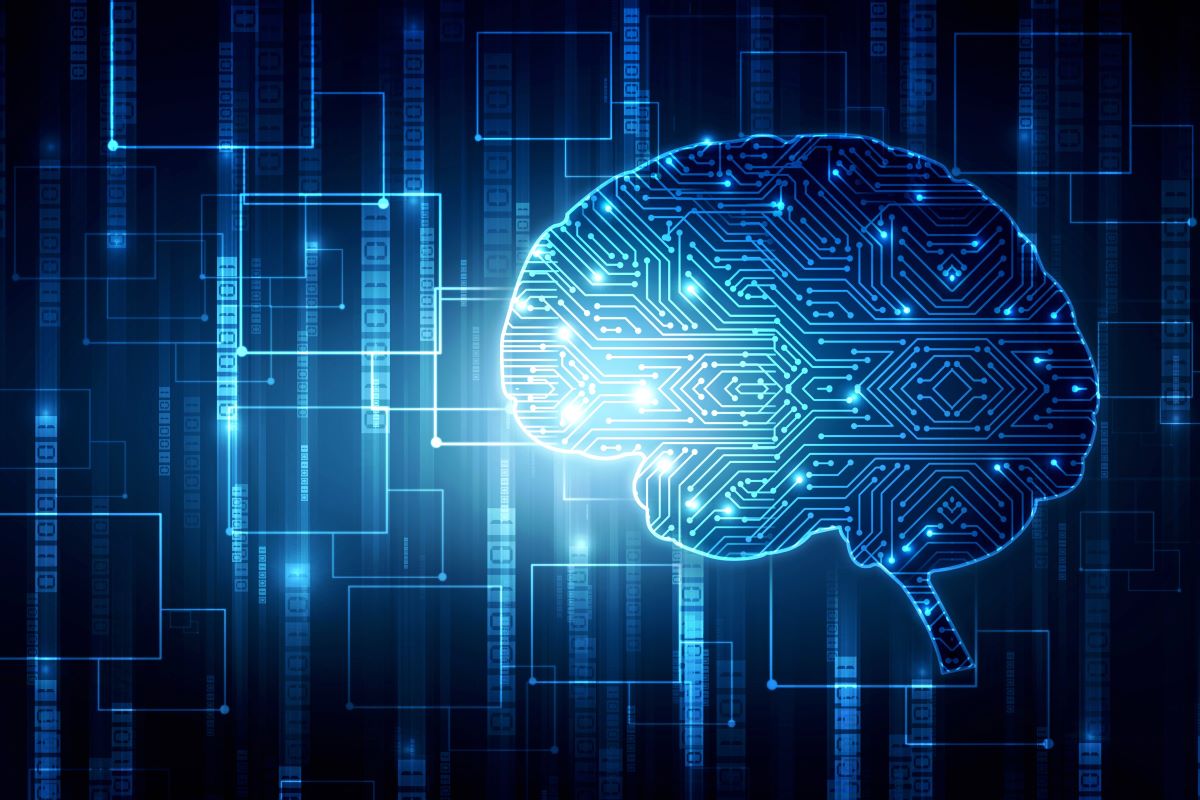The release of Chat GPT has triggered a widespread adoption of generative AI capabilities, ushering in a new era of technological advancement with a myriad of potential applications. However, amidst this technological surge, Schroders believes that it is crucial to recognise the human rights implications that loom large.
“In particular, the use of generative AI may exacerbate existing digital divides, both within and between countries. There are also implications for other important areas of human rights, such as education and healthcare,” said the asset manager.
As per the asset manager, the widening global digital gap is fueled by countries around the world grappling with unequal access to the internet. This can prevent some countries more than others from harnessing the power of new cutting-edge technologies like generative AI, leading to lost chances for economic expansion and job generation. “And to reap the benefits of generative AI, it’s not only access but high-speed connectivity that is needed,” said Schroders.
Moving onto the field of education, Schroders suggests that generative AI has the potential to offer personalised, immediate feedback to students, a task that may prove overly time-consuming for a teacher dealing with a standard class size.
However, the asset manager is aware of its drawbacks as well. “The danger is that adoption of AI could isolate students in communities where digital literacy requires improvement. Deploying AI to enhance learning is one focus when it comes to education; another is providing curricula to develop AI-related skills,” said Schroders.
On health care, the asset manager believes that AI holds promise for improving efficiency and accuracy in clinical and administrative tasks. Schroders also highlights how the use of generative AI in this sector is fraught with ethical questions related to data collection, storage, and privacy. According to it, biases in AI algorithms can lead to misdiagnoses and disparities in healthcare outcomes.
In conclusion, Schroders lists down a few questions that investors should ask before investing in a company in the area of healthcare AI.
Read the full insight here.
Read more

T. Rowe Price
Why US Treasuries may no longer be a safe haven
US Treasuries recent performance has fallen short of expectations.

Candriam
The euro bond market is back in focus
Rising yields and shifting fiscal dynamics are bringing the euro bond market back into focus.

Lombard Odier
EM equities – potential opportunities amid challenges
EM equities face renewed pressure amid US trade policy shifts, slowing growth, and investor outflows.

US Markets
100 days of Donald Trump
The first 100 days of Donald Trump’s second term have shaken markets. Asset managers weigh in on US equities, bonds, and the dollar.





















